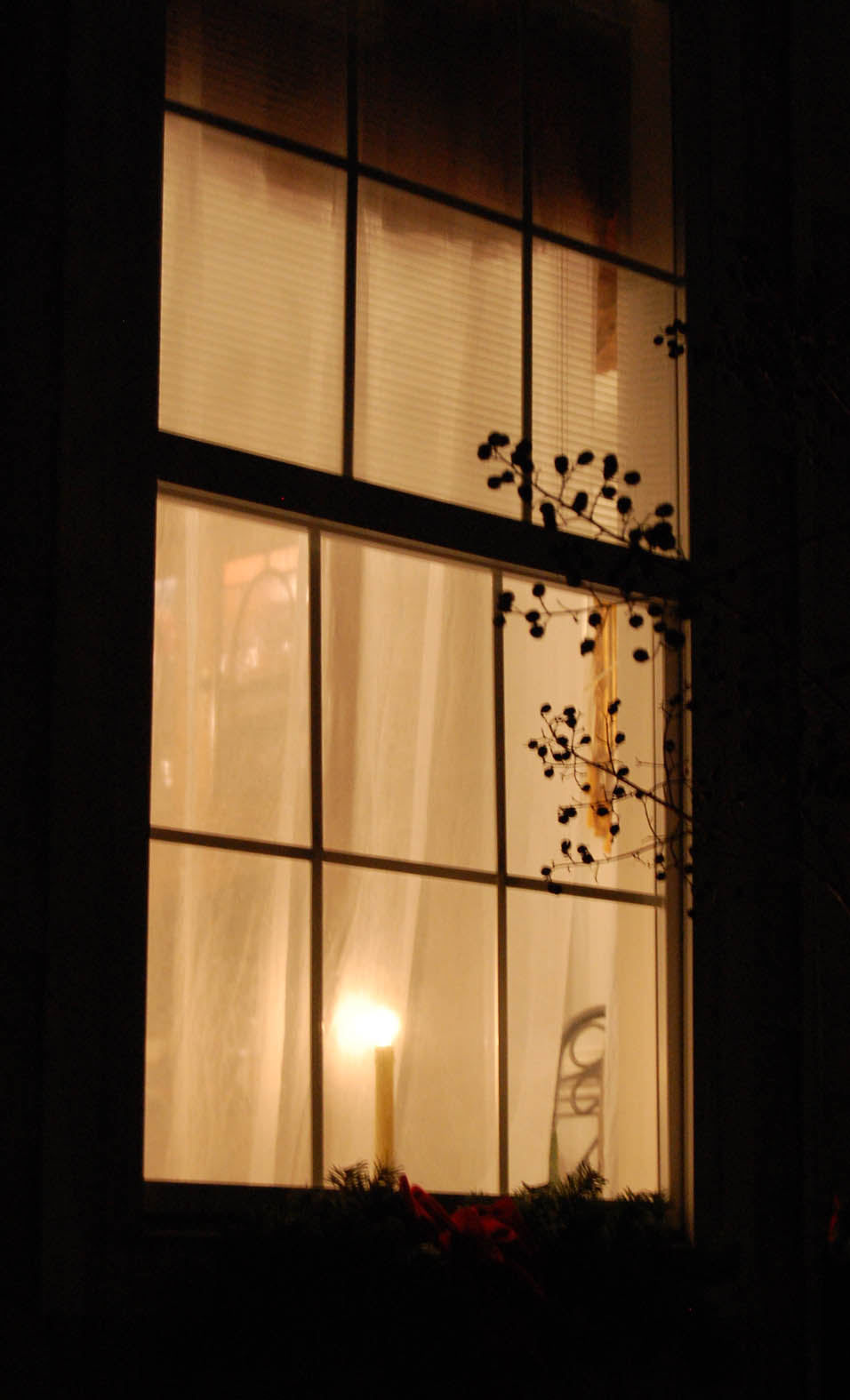Eternal slavery

We had now reached my door. I got out of the carriage to give the driver Brichotís address. From the pavement, I could see the window of Albertineís room, that window, formerly quite black at night when she had not been staying in the house, which the electric light from inside, segmented by the slats of the shutters, striped from top to bottom with parallel bars of gold. This magic scroll, clear as it was to myself, tracing before my tranquil mind precise images, near at hand, of which I should presently be taking possession, was invisible to Brichot who had remained in the carriage and was almost blind, and would in any case have been incomprehensible to him since, like the friends who called on me before dinner, when Albertine had returned from her drive, the Professor was unaware that a girl who was all my own was waiting for me in a bedroom adjoining mine. The carriage drove off. I remained for a moment alone on the pavement. It was true that I endowed those luminous streaks which I could see from below, and which to anyone else would have seemed quite superficial, with the utmost plenitude, solidity and volume, because of all the significance that I placed behind them, in a treasure unsuspected by the rest of the world which I had hidden there and from which those horizontal rays emanated, but a treasure in exchange for which I had forfeited my freedom, my solitude, my thought. If Albertine had not been up there, and indeed if I had merely been in search of pleasure, I would have gone to demand it of unknown women, into whose life I should have attempted to penetrate, in Venice perhaps, or at least in some corner of nocturnal Paris. But now what I had to do when the time came for love-making was not to set out on a journey, was not even to leave my own house, but to return there. And to return there not to find myself alone and, after taking leave of the friends who provide one from the outside with food for oneís thoughts, to find myself at any rate compelled to seek it in myself, but to be on the contrary less alone than when I was at the Verdurinsí, welcomed as I was about to be by the person to whom I had abdicated, to whom I had handed over most completely my own person, without having for an instant the leisure to think of myself nor even requiring the effort, since she would be by my side, to think of her. So that, as I raised my eyes for one last look from the outside at the window of the room in which I should presently find myself, I seemed to behold the luminous gates which were about to close behind me and of which I myself had forged, for an eternal slavery, the inflexible bars of gold.
(Marcel Proust, In Search of Lost Time, The Modern Library edition, Vol 5, pp 444-5)
Moksheungming
moksheungming@yahoo.com
2013.5.17